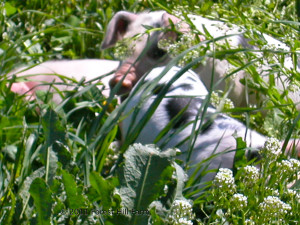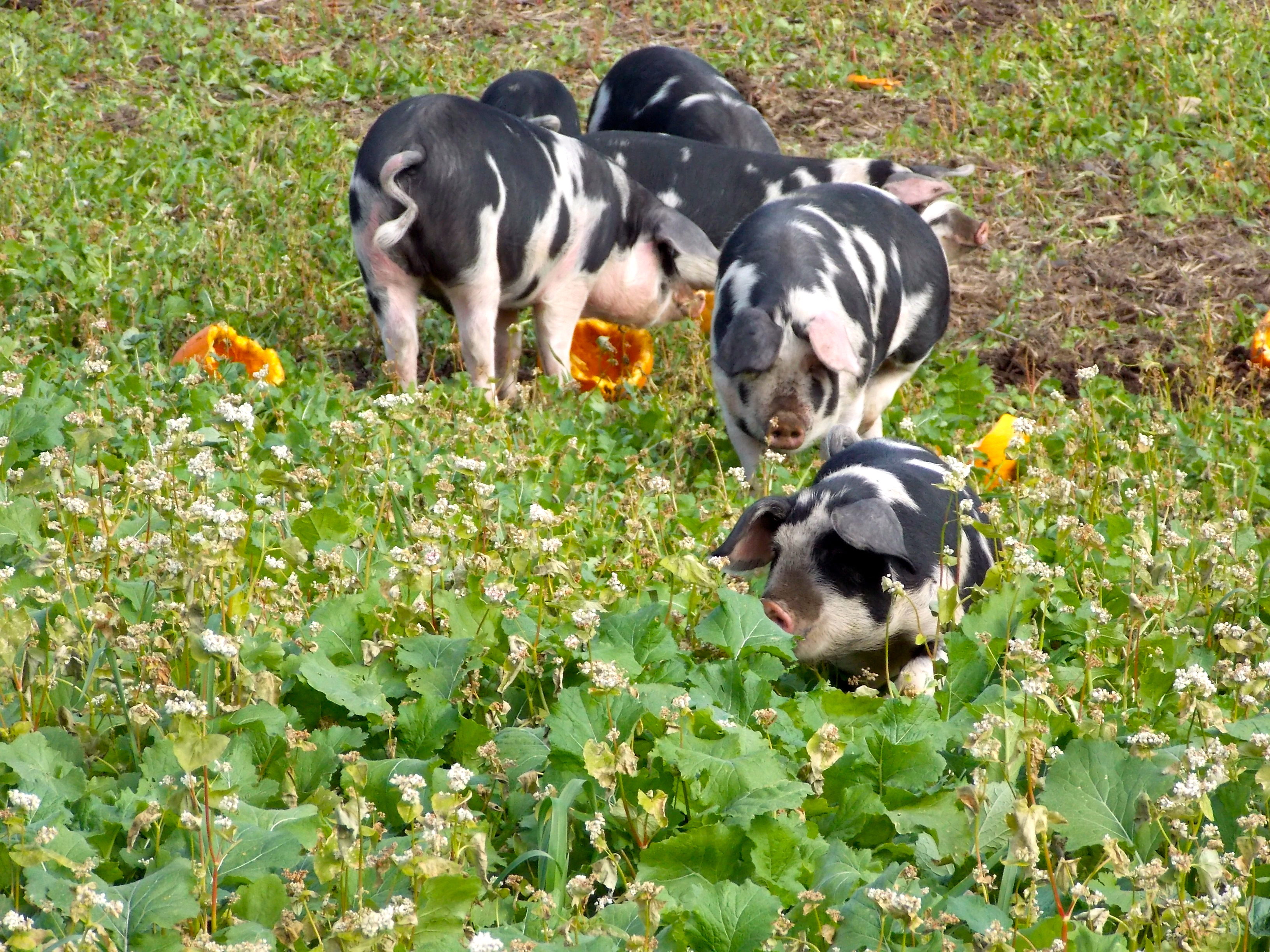If you're concerned about genetically modified foods wait until you hear about genetically engineered livestock.
Gene editing for farm animals is on the horizon.
What's gene editing?
It's changing the DNA, inherited traits, or sexual development of livestock through gene manipulation.
Here's a quote from Mitch Abrahamsen, chief commercial and science officer for Recombinetics, “Today in the marketplace, we have a castration-free swine project.”
Swine will be naturally castrated or gene editing will create hogs that never reach sexual maturity.
“Our goal is to put multiple edits in an animal,” says Abrahamsen. “I'm interested in using editing to knock out the germ cell, or testes...”
Recombinetics already has commercial deals with Hendrix Genetics, DNA Swine Genetics, and Semex, a Canadian dairy AI cooperative.
The team that's working on gene editing has a plan to market gene edited animals so that consumers will embrace the new traits without objection. Recombinetics doesn't want the negative stigma that GMO technology has. In other words the spin will be on disease free livestock, less methane producing digestion, and humane animal husbandry (no need to castrate pigs - they're testes free).
In my opinion, I'd rather have livestock that's mechanically castrated than livestock whose genes are altered to render them testes free. If you'd like more info check out Successful Farming Magazine, November 2018 or
click this link
Try organic, grass-fed meat - It's healthier and better for the environment.



